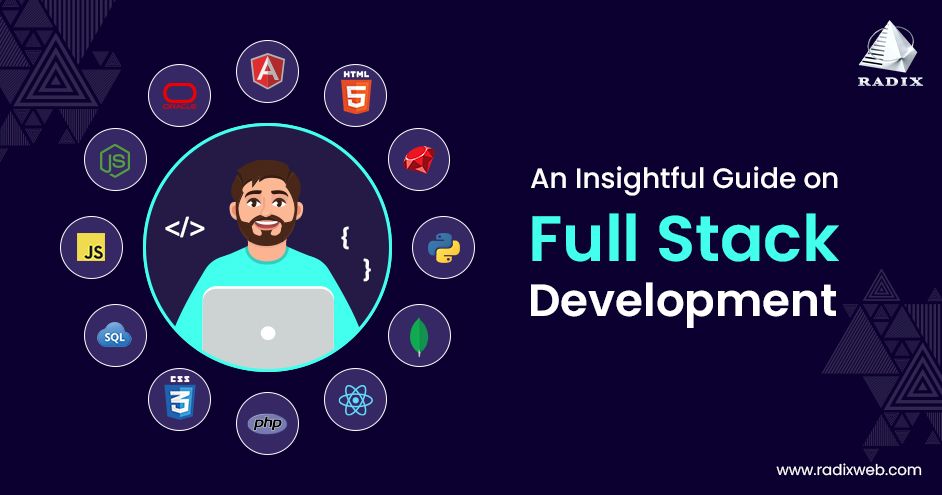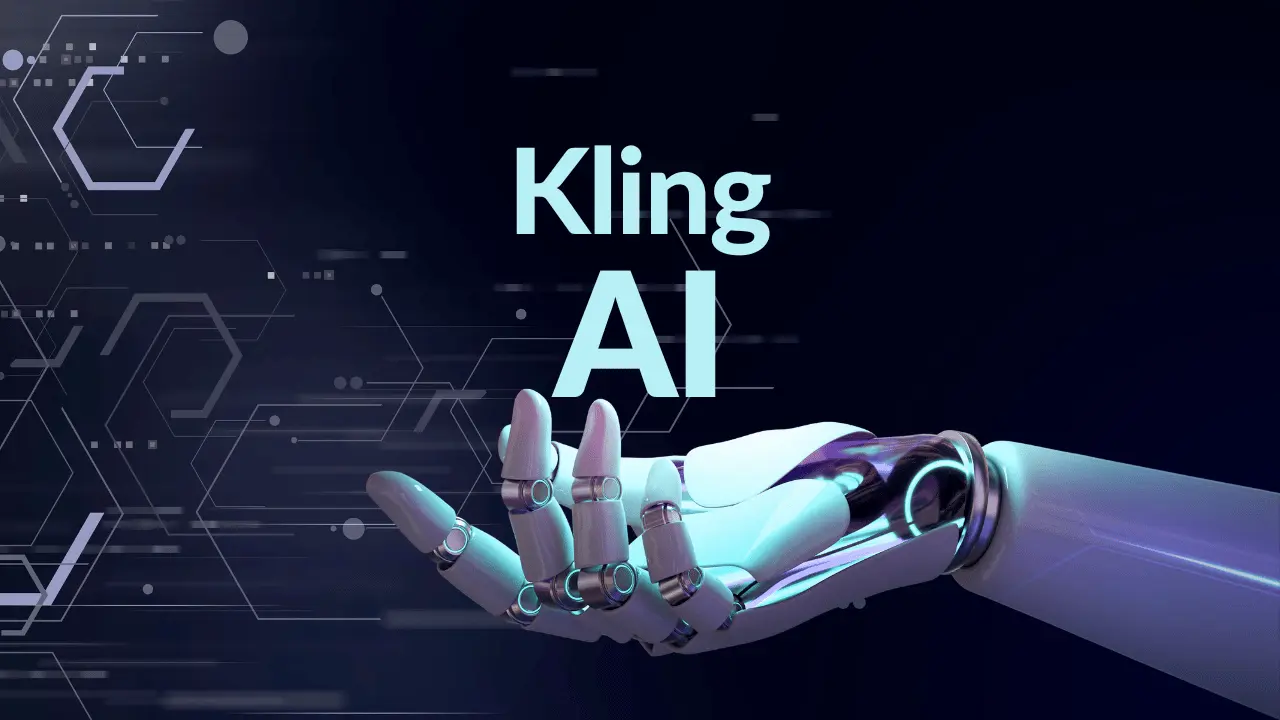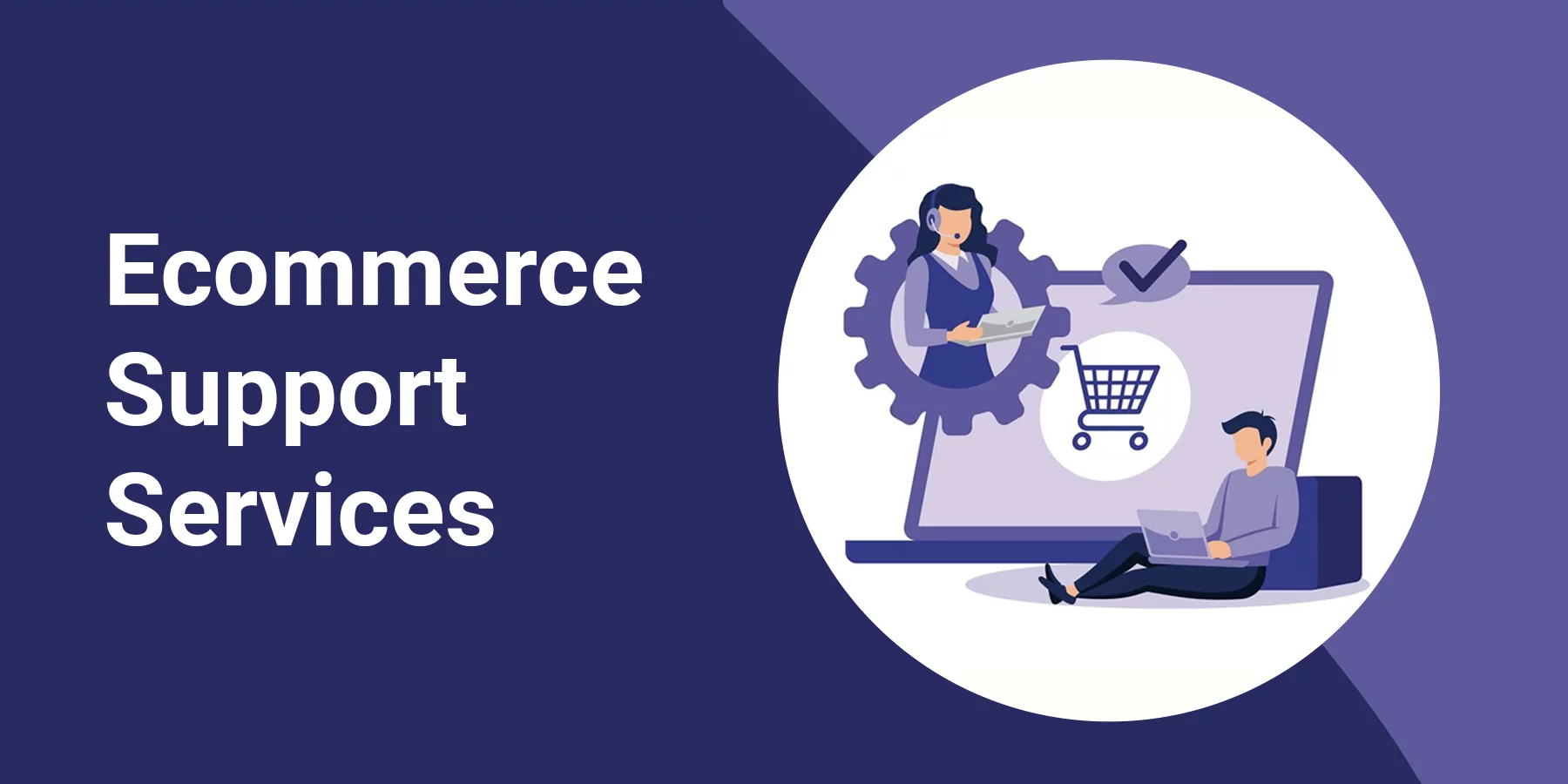Full-stack development is a skillset that combines both front-end and back-end development. Full-stack developers are able to work on all aspects of a web application, from the user interface to the server-side logic.
Key Technologies for Full-Stack Development
- Front-End Technologies:
- HTML (Hypertext Markup Language)
- CSS (Cascading Style Sheets)
- JavaScript
- Popular frameworks like React, Angular, or Vue.js
- Back-End Technologies:
- Programming languages like Python, Ruby, Java, or Node.js
- Databases like MySQL, PostgreSQL, or MongoDB
- Web frameworks like Django, Ruby on Rails, or Express.js
Benefits of Being a Full-Stack Developer
- Versatility: Full-stack developers can work on various projects and have a broader range of career opportunities.
- Problem-Solving: They need to understand both the front-end and back-end, which can improve problem-solving skills.
- Cost-Effective: Companies can save money by hiring full-stack developers instead of separate front-end and back-end developers.
Challenges of Full-Stack Development
- Keeping Up with Trends: The web development landscape is constantly evolving, so full-stack developers need to stay up-to-date with the latest technologies and trends.
- Depth vs. Breadth: It can be challenging to master both front-end and back-end development in-depth.
- Project Management: Full-stack developers often need to manage multiple aspects of a project, which can be demanding.
Full-stack development is a valuable skillset that can open up many career opportunities. If you’re passionate about web development and enjoy working on both the front-end and back-end, becoming a full-stack developer could be a great choice.














Leave a Reply